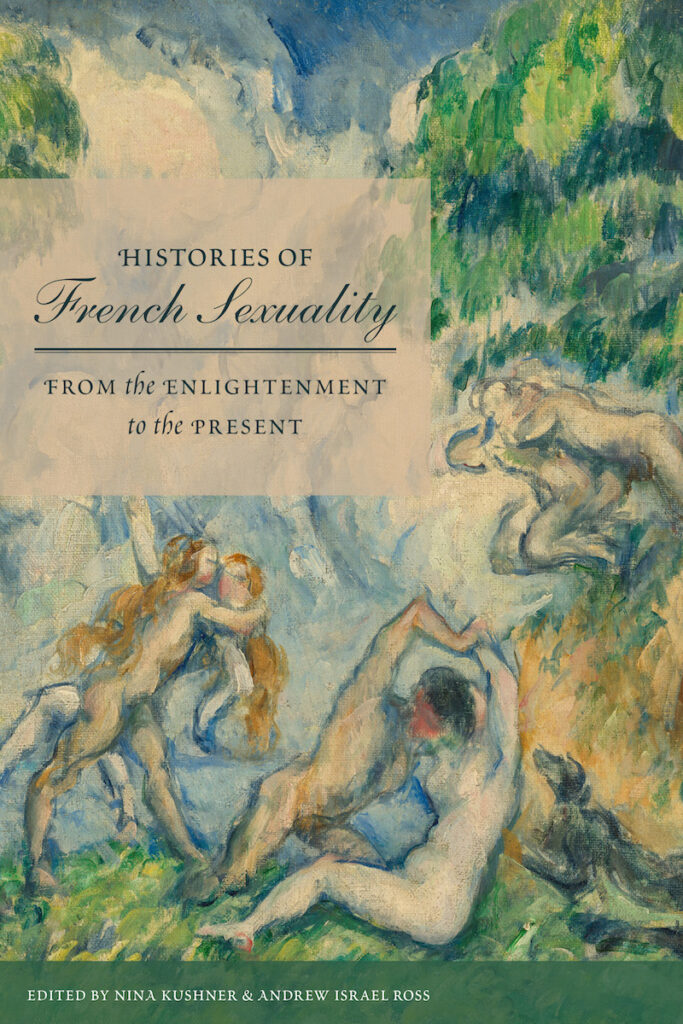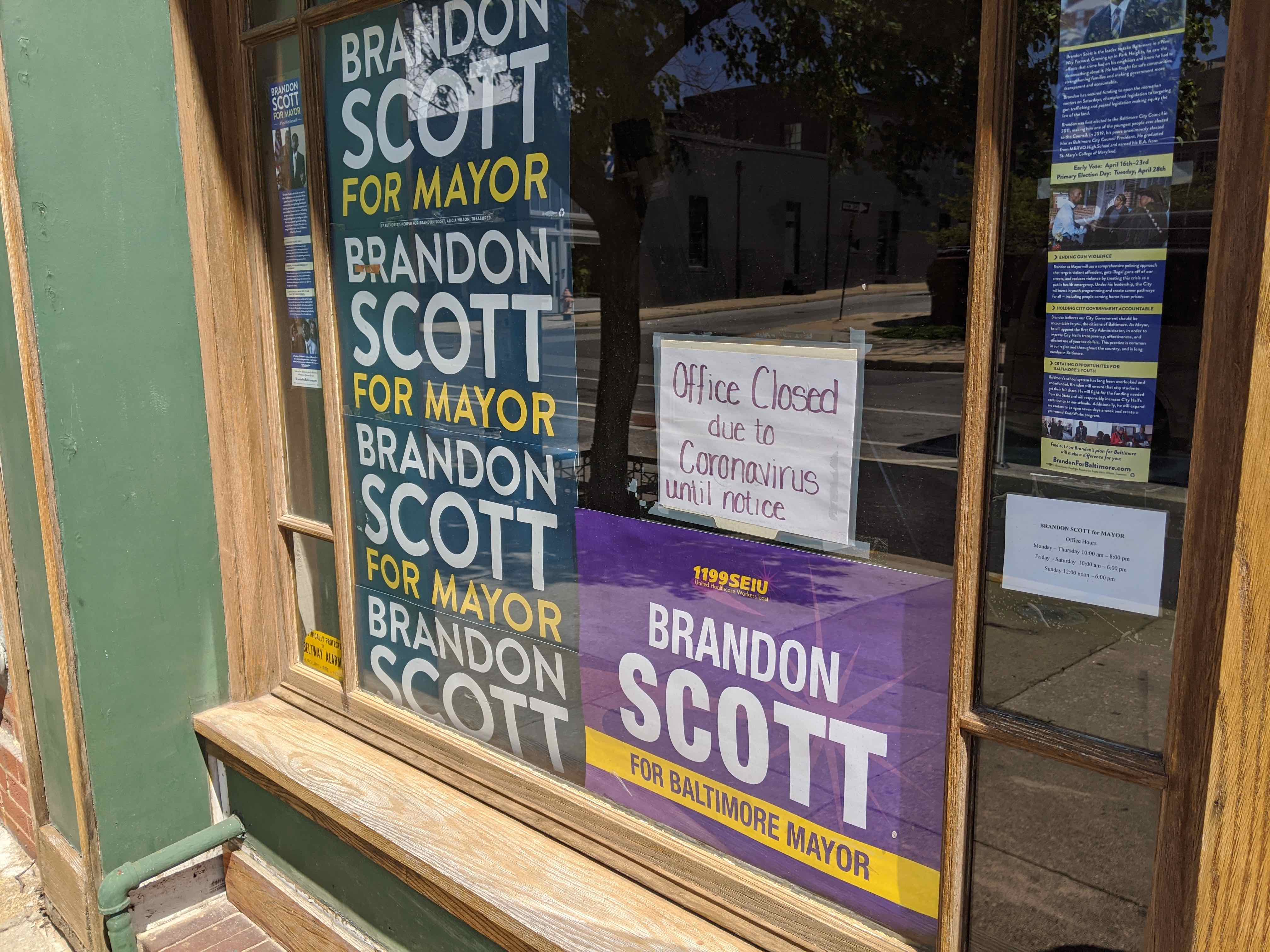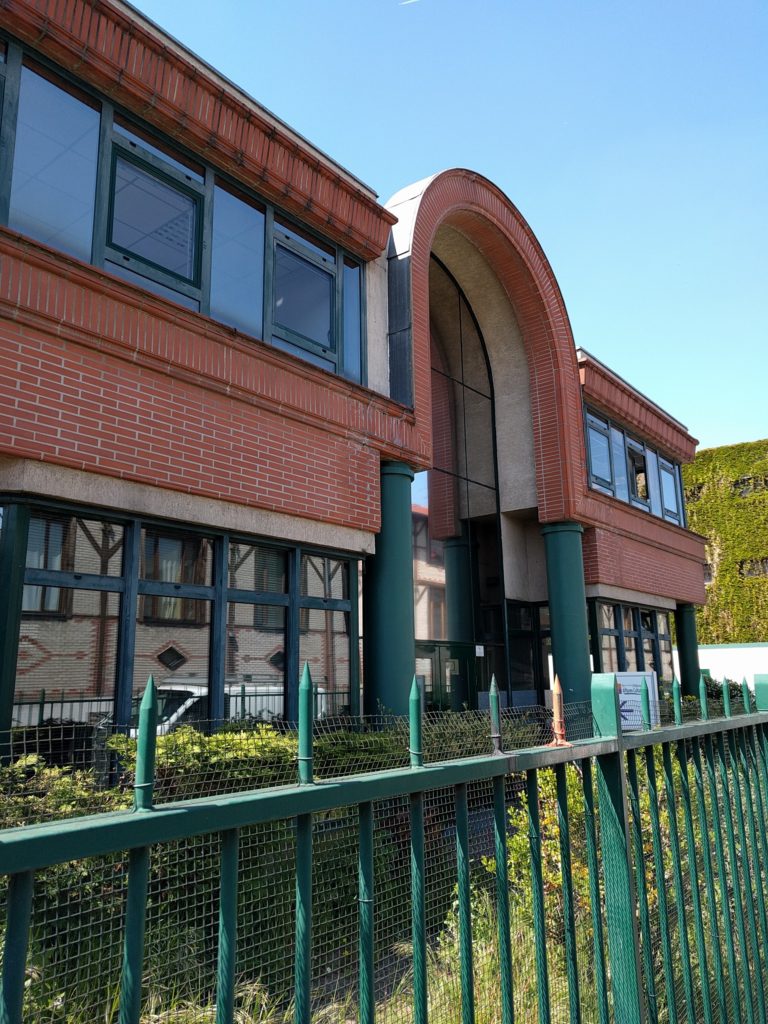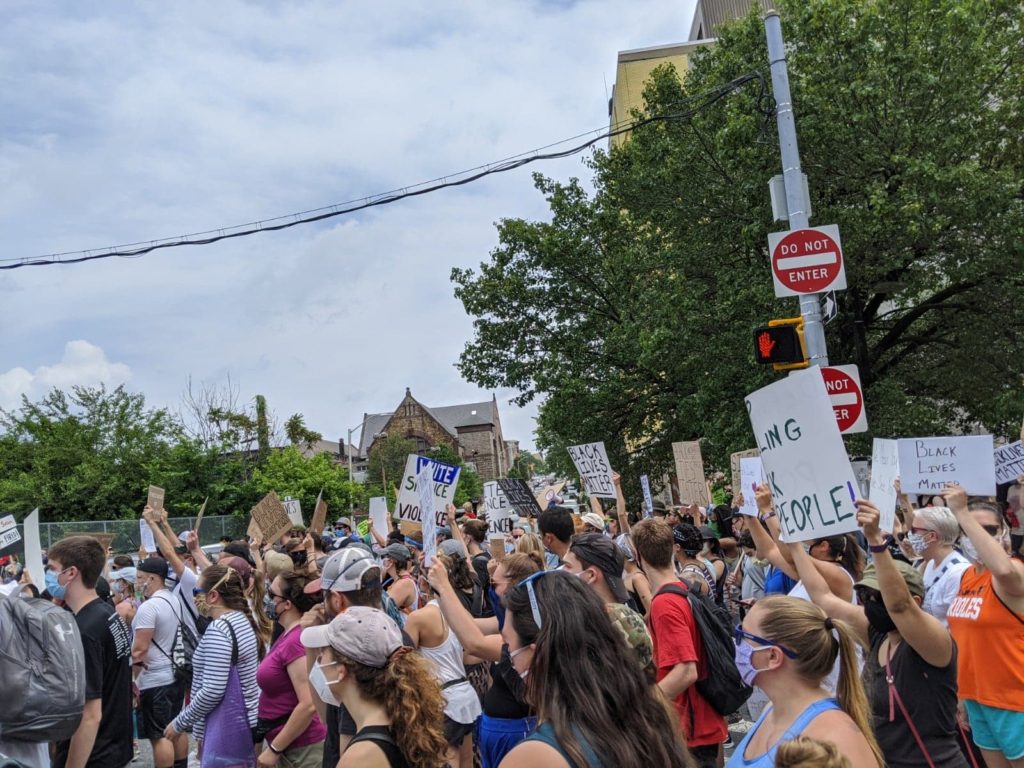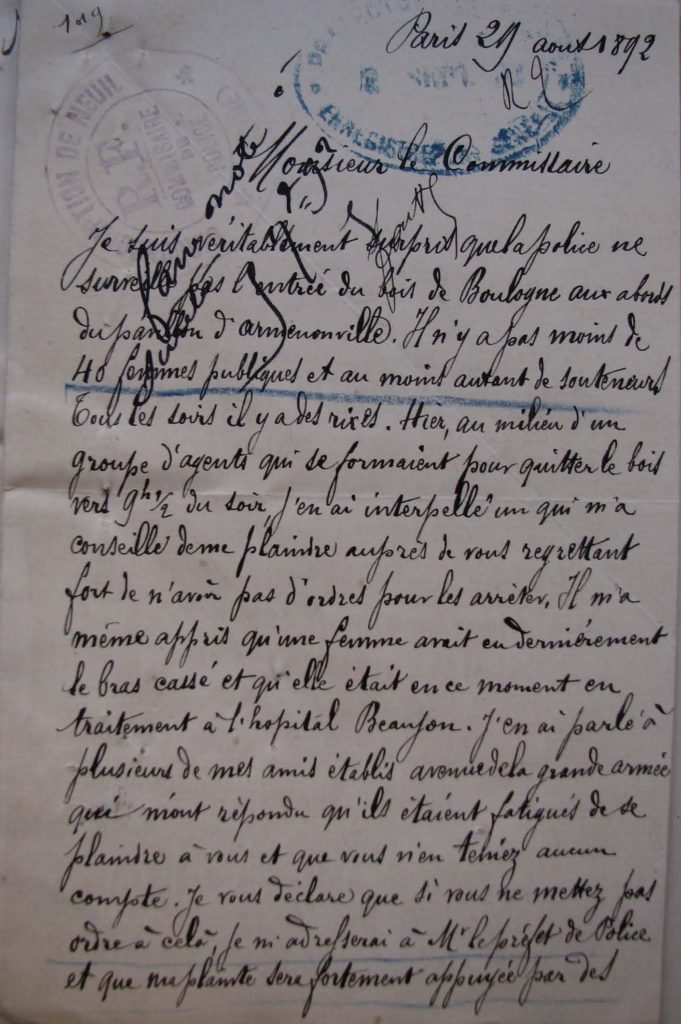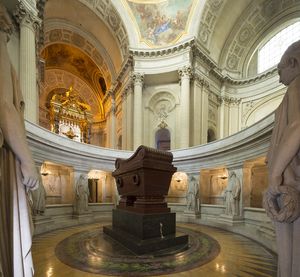
When I teach Napoleon Bonaparte in my introductory course (designed to introduce students to the practice of history through a case study, in my case the French Revolution), I emphasize the multiple ways one might view him. Simplifying greatly, I distinguish between “Napoleon as Statesman” (the Napoleon who produce the Civil Code and settled things with the Church) and “Napoleon as Conquerer” (the Napoleon who rampaged over Europe and reintroduced slavery in the French colonies). I make clear to my students which side I think is the most important and emphasize that by leaning on Napoleon’s violence and racism they are being given what is a more recent (and often more Anglo-American) interpretation of the man than had been current in the past and in France.
I was interested therefore to find myself talking with an acquaintance over the weekend who asked me what I did for a living. When I explained that I sometimes taught the French Revolution, he enthusiastically explained that Napoleon was his favorite historical figure and that he had a picture of him as his phone background. I (gently I hope) chided him by saying “you know he was bad, right?” To my surprise, I received a disquisition about the importance of the Civil Code and how Napoleon brought the Enlightenment to Europe. Clearly an educated guy, but also one immersed in a vision of Napoleon as a modernizing statesman rather than plundering barbarian. We wouldn’t expect someone to have a picture of General Lee or Andrew Jackson as their phone background.
I’ll be taking some students to Paris for a class on the French Revolution this summer and I always have to really push against this received view. The honorifics Napoleon continues to receive there (just look at his tomb) make this particularly difficult, but this conversation was just a useful reminder of how much work we have to do to revise the common misunderstanding of what this man did and how he did it.

